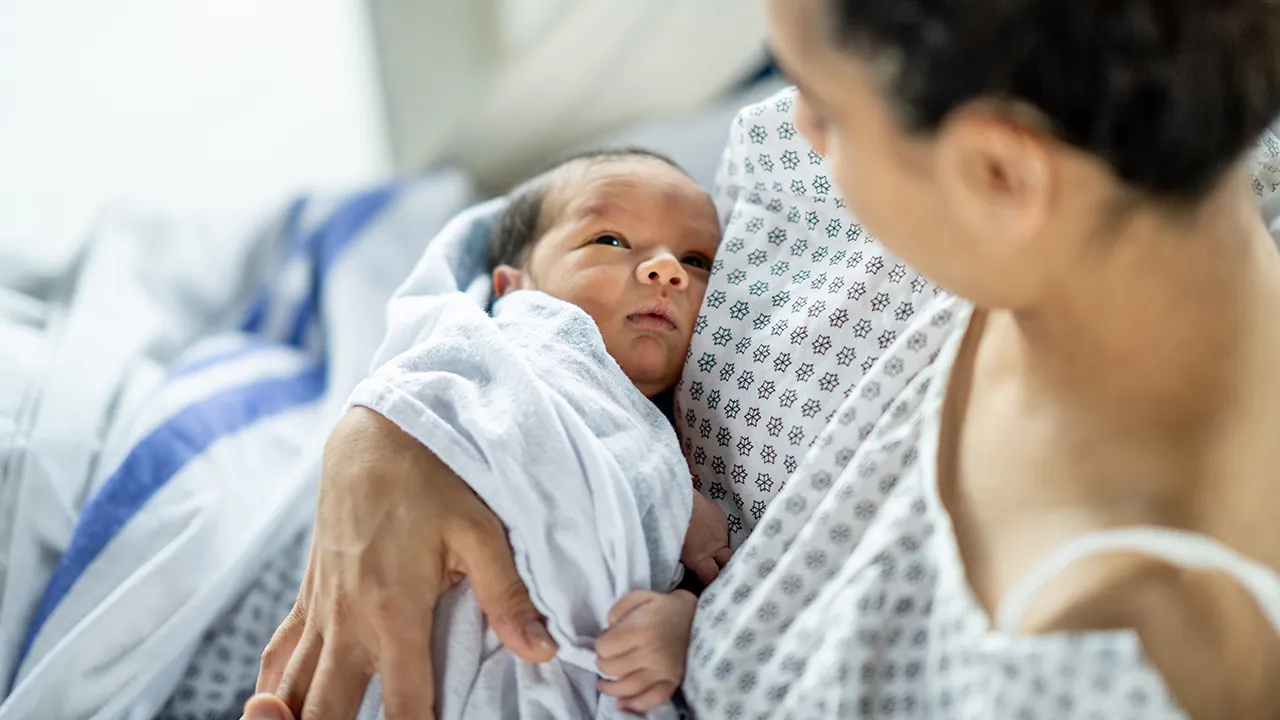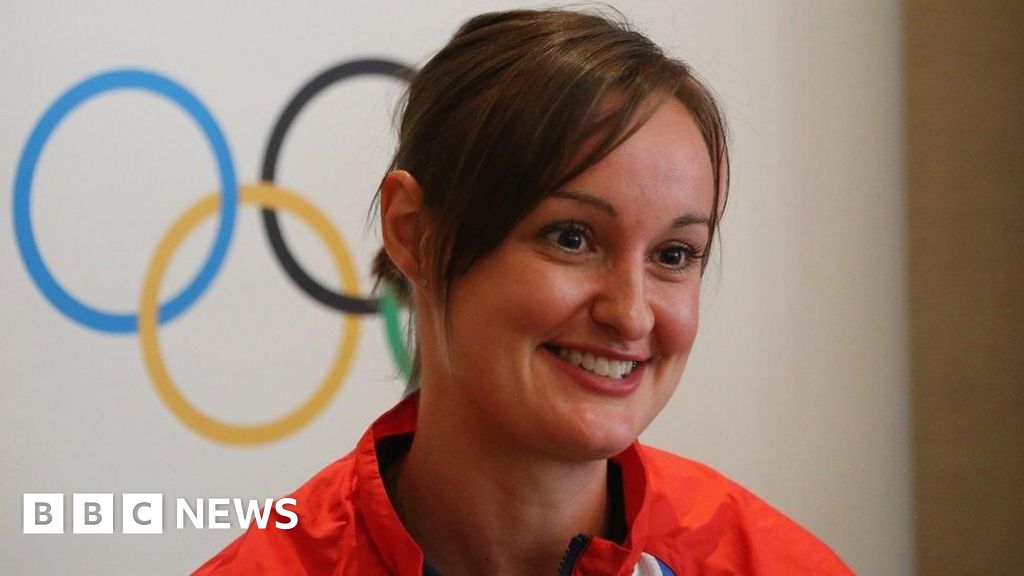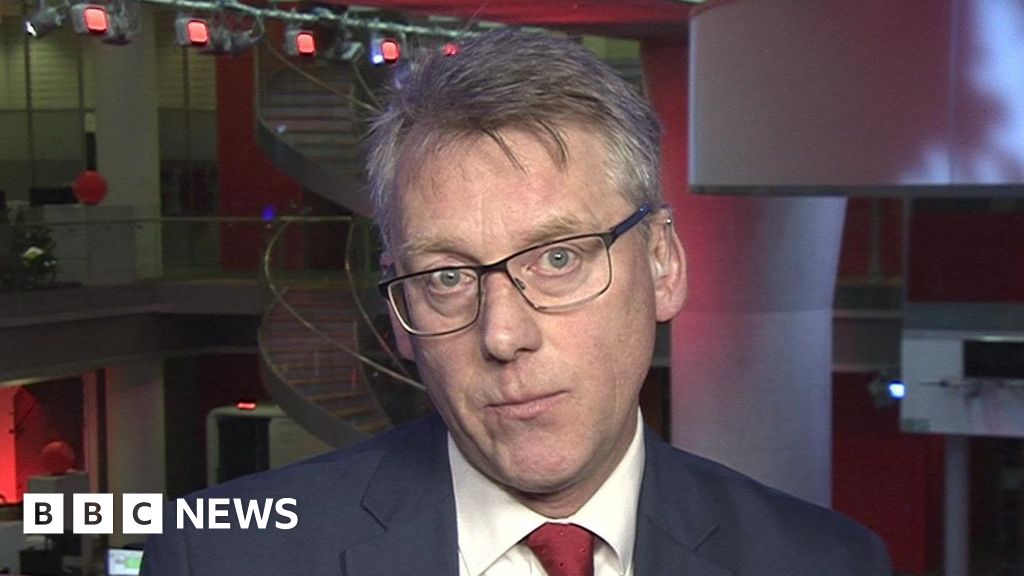NEWYou can now listen to Fox News articles!
Starting a family may involve some robotic assistance in the near future.
AI-powered in-vitro fertilization (IVF) is the newest application for artificial intelligence, as labs and health centers around the world have adopted the new technology.
This includes Columbia University Fertility Center in New York. Its Sperm Tracking and Recovery (STAR) method uses AI to identify viable sperm in men who struggle with infertility.
BREAST CANCER THAT HIDES FROM SCANS TARGETED IN BREAKTHROUGH TECH
The fertility center also developed a robot to assist in the IVF lab, preparing specialized plates to sustain embryos.
Research published in the journal Fertility and Sterility found that this robot is 10 times more precise in preparing these embryo culture plates than humans.
Conceivable’s AURA automated technology assists embryologists in the IVF process, the CEO told Fox News Digital, like Dr. Alejandro Chavez-Badiola, co-founder and Conceivable CMO, pictured above. (Conceivable Life)
Dr. Zev Williams, director of Columbia University Fertility Center, said in a statement to Fox News Digital that these technologies have been “truly transformative” for patients.
“There are literally babies being conceived because of our innovations who otherwise could not have been,” he said. “We’re offering tangible solutions to couples who have struggled with infertility for years, even decades.”
AI in action
Two other companies, Overture Life in California and Conceivable Life in New York, have developed AI-powered robotics to carry out IVF processes.
Conceivable Life CEO Alan Murray told Fox News Digital how the company’s AURA AI-powered IVF technology brings “robotics precision” to a delicate process.
THREE-PERSON IVF TECHNIQUE SHOWN TO PREVENT INHERITED GENETIC DISEASES
“IVF requires extraordinary precision, but human hands introduce variability, no matter how skilled,” he said.
The AI technology “automates everything,” Murray said, including sperm selection, egg preparation, sperm injection, embryo culture and egg freezing.
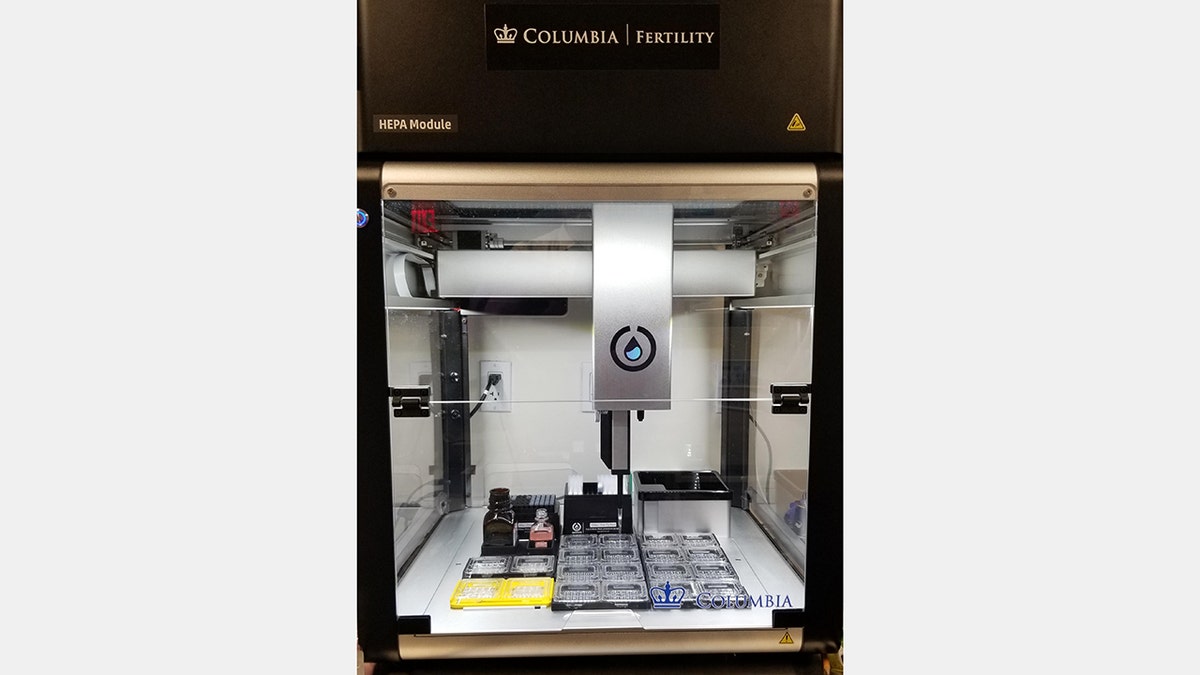
The Columbia University Fertility Center has introduced automated IVF systems. (Columbia University Fertility Center)
The technology is not intended to replace embryologists, he noted, but to support them with technology that helps eliminate human error.
Murray said the technology is showing “early but promising data.” In a pilot study, it achieved 51% pregnancy rates and led to 19 healthy babies from trial participants.
AURA is targeting a clinical launch in the U.S. in 2026, pending testing and validation.
Overture Life has created a similar system of products that are beginning to yield “healthy live babies,” CEO Hans Gangeskar told Fox News Digital in an interview.
TEST YOURSELF WITH OUR LATEST LIFESTYLE QUIZ
Overture’s key product, the DaVitri, is a handheld device that automates egg-freezing. The company also offers other technologies for embryo selection and fertilization.
Gangeskar said its clinical trials have had “very good results,” with the technology expected to launch in Europe “imminently.”
Cutting high costs
Last week, President Donald Trump announced a plan to slash IVF costs for American families and expand access, as a single round in the U.S. can cost up to $25,000.
Although it takes an average of three cycles to have a baby, some women may undergo up to 15 cycles before achieving a viable pregnancy, according to Dr. Stephanie Kuku, chief knowledge officer of Conceivable Life.
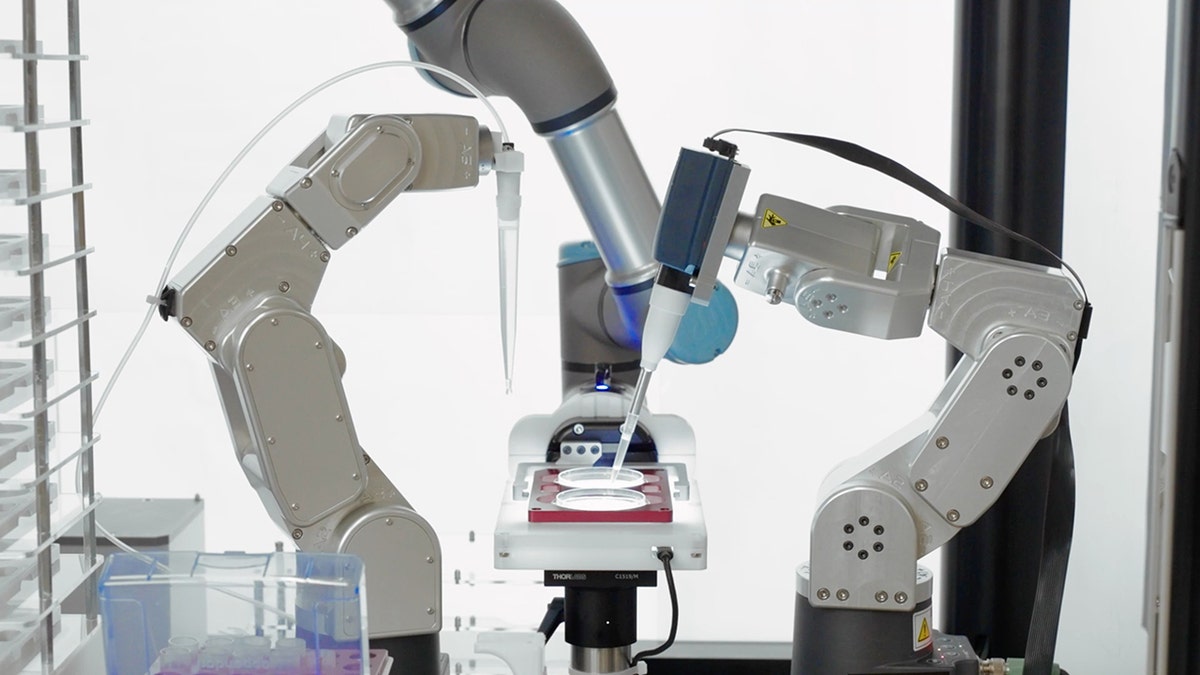
The AI-powered robots can help with egg freezing, as well as choosing viable embryos and insemination precision. (Conceivable Life)
It takes 200 manual steps to create an embryo in a lab, the expert noted — but a robotic assistant could help an embryologist make “complex decisions” with more precision and potentially reduce the number of cycles.
Murray said that AI is “reimagining the laboratory” to increase efficiency, reduce the number of cycles and improve IVF success rates.
CLICK HERE TO SIGN UP FOR OUR HEALTH NEWSLETTER
“Right now, IVF outcomes depend on which clinic you go to, which embryologist is on duty and whether you can afford multiple cycles,” he said. “Our vision is to change the technology that doctors use so they can do it without that big investment.”
The CEO noted this technology could also remove some of the grief for families who have experienced multiple failed IVF cycles.
“Everybody has their limit on how much of that pain they can take before they give up,” he said. “It’s incredibly personal.”
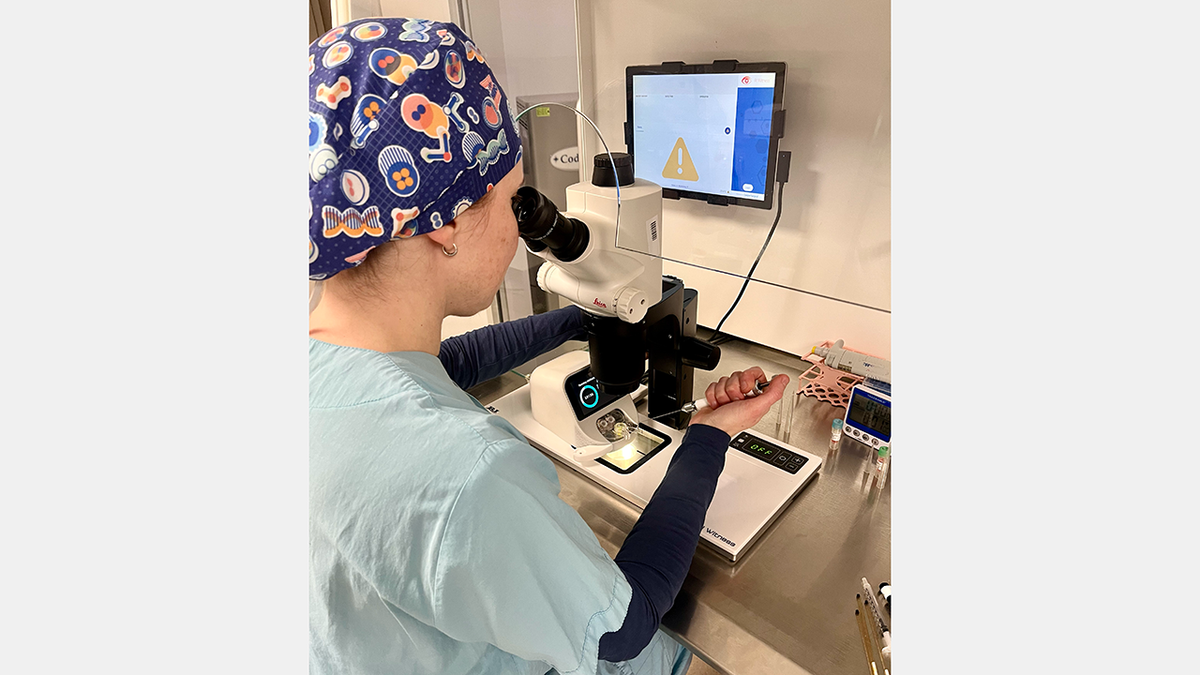
An Overture Life scientist is pictured in the lab using the DaVitri device. (Overture Life)
Religious red flags
For those with certain religious beliefs, taking the IVF route may raise concerns.
“Different religious traditions have different perspectives on assisted reproduction,” Murray said. “It’s a very personal thing.”
He pointed out that “infertility does not discriminate,” as one in six people experiences issues globally.
CLICK HERE TO GET THE FOX NEWS APP
“Our role isn’t to make those decisions for families — it’s to provide technology that makes family building possible for those who choose this path,” Murray said.
Gangeskar acknowledged that religion “comes up all the time” when speaking with patients about IVF options, noting that “Christian IVF” has surfaced as an alternative option.
“AI may assist in creating life, but it must also respect it.”
Instead of retrieving many eggs, fertilizing all of them and then freezing the embryos, Christian IVF historically involves freezing and fertilizing them one by one, so there are never embryos left over.
“This is something that the DaVitri can actually be very helpful with, because you know that your eggs were frozen in the best possible way,” Gangeskar said.
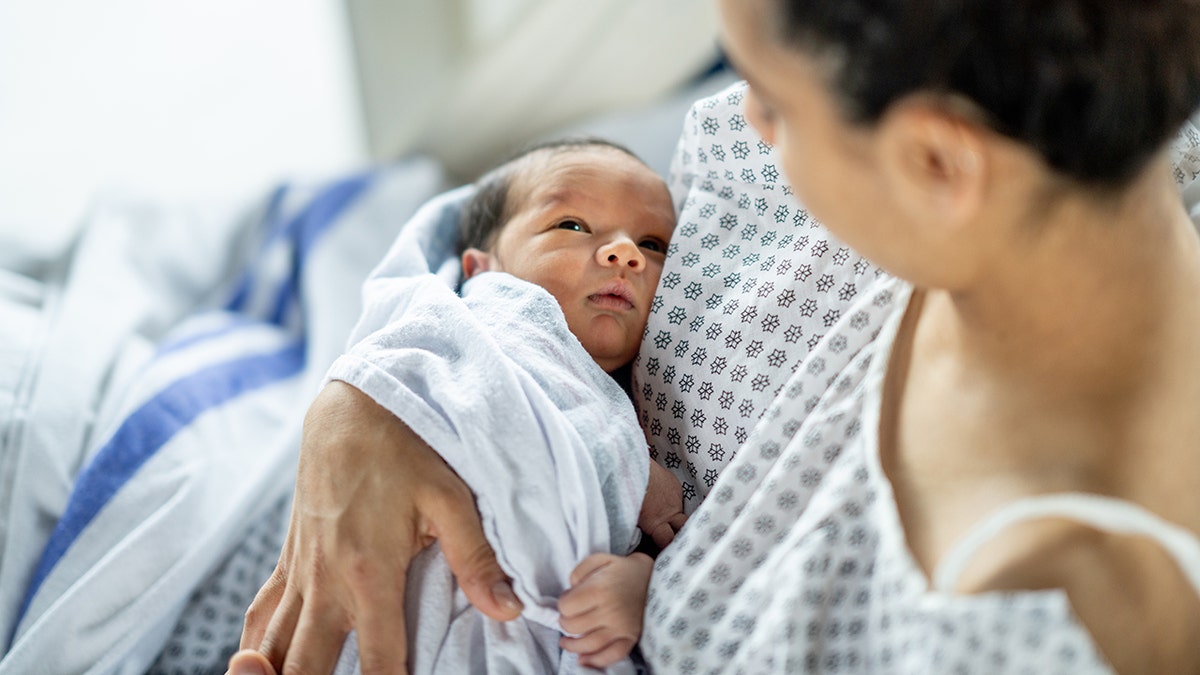
“The goal is to make IVF more accessible by making it more efficient, and ideally more affordable,” one expert said. (iStock)
Potential risks
Dr. Harvey Castro, an ER physician and AI expert in Texas, who was not involved in this IVF research, told Fox News Digital he considers this an “industrial revolution of reproductive medicine.”
Castro warned, however, that there may be room for algorithm error when making important decisions such as classifying an embryo. This calls into question who’s accountable — the clinician, the developer or the AI vendor, for example.
CLICK HERE FOR MORE HEALTH STORIES
He said most AI systems are validated on limited patient data, which means large, diverse, multi-center trials are required before expanding these machines for clinical use.
“AI may assist in creating life, but it must also respect it,” he said. “As both a physician and an AI futurist, I believe our goal is not just more births, but healthier beginnings — achieved responsibly, ethically and equitably.”

